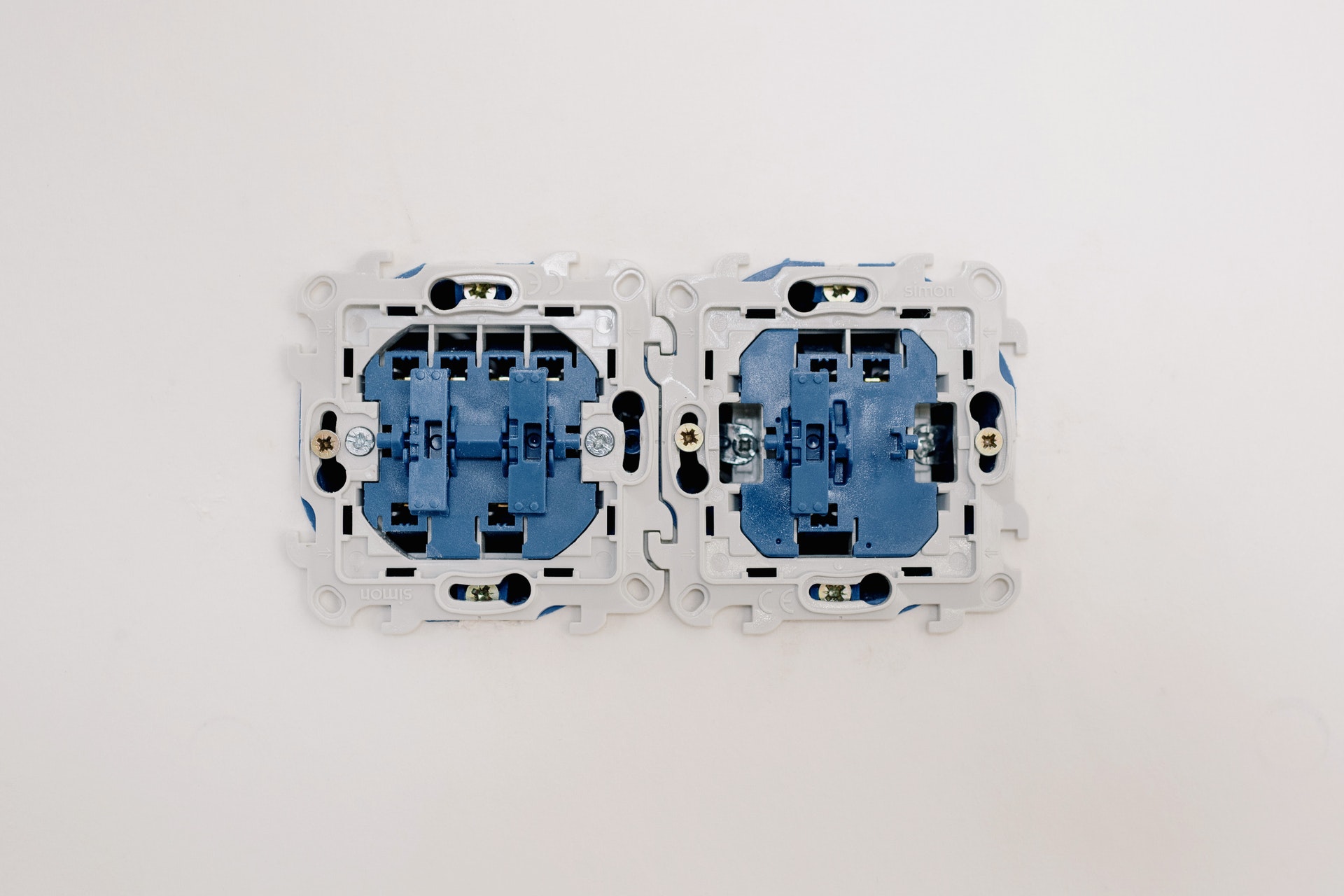
A super-efficient way of powering, heating and cooling homes using vegetable oil could be on the cards thanks to research at the Newcastle University in the UK.
The system burns vegetable oil to power a generator to provide electricity. Waste heat from the process is used for space and water heating, as well as being harnessed to cool a fridge.
This form or combined heat and power – or micro-trigeneration – produces near zero overall carbon emissions (if you take into account the carbon absorbed by the plants used in the vegetable oil).
The researchers have also included an energy storage device in the system so that homes can store electrical energy during off-peak times until it is needed.
“The combination of the generator and energy storage provides new ways to respond to changing energy demand in the home,” says project leader Tony Roskilly.
The availability of the right energy at the right time has been a barrier to the adoption of micro-trigeneration systems in the past, adds one of the researchers Yaodong Wang.
“By integrating new energy storage technology with the micro-trigeneration system we have the potential to overcome this barrier and make an impact on future domestic energy supply,” says Wang.
The £1.1 million project funded by the Engineering and Physical Sciences Research Council is a joint effort between the UK and China.
